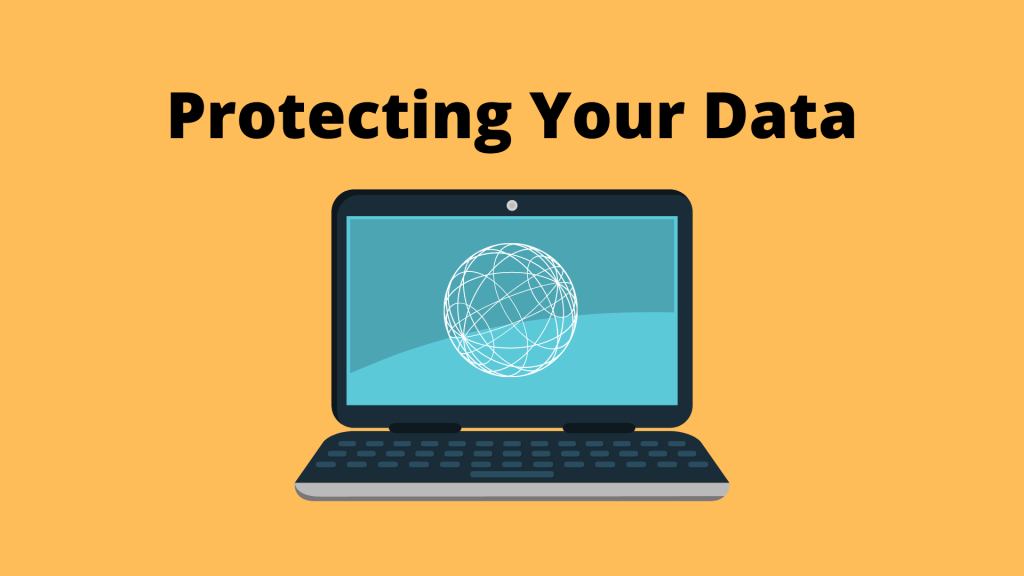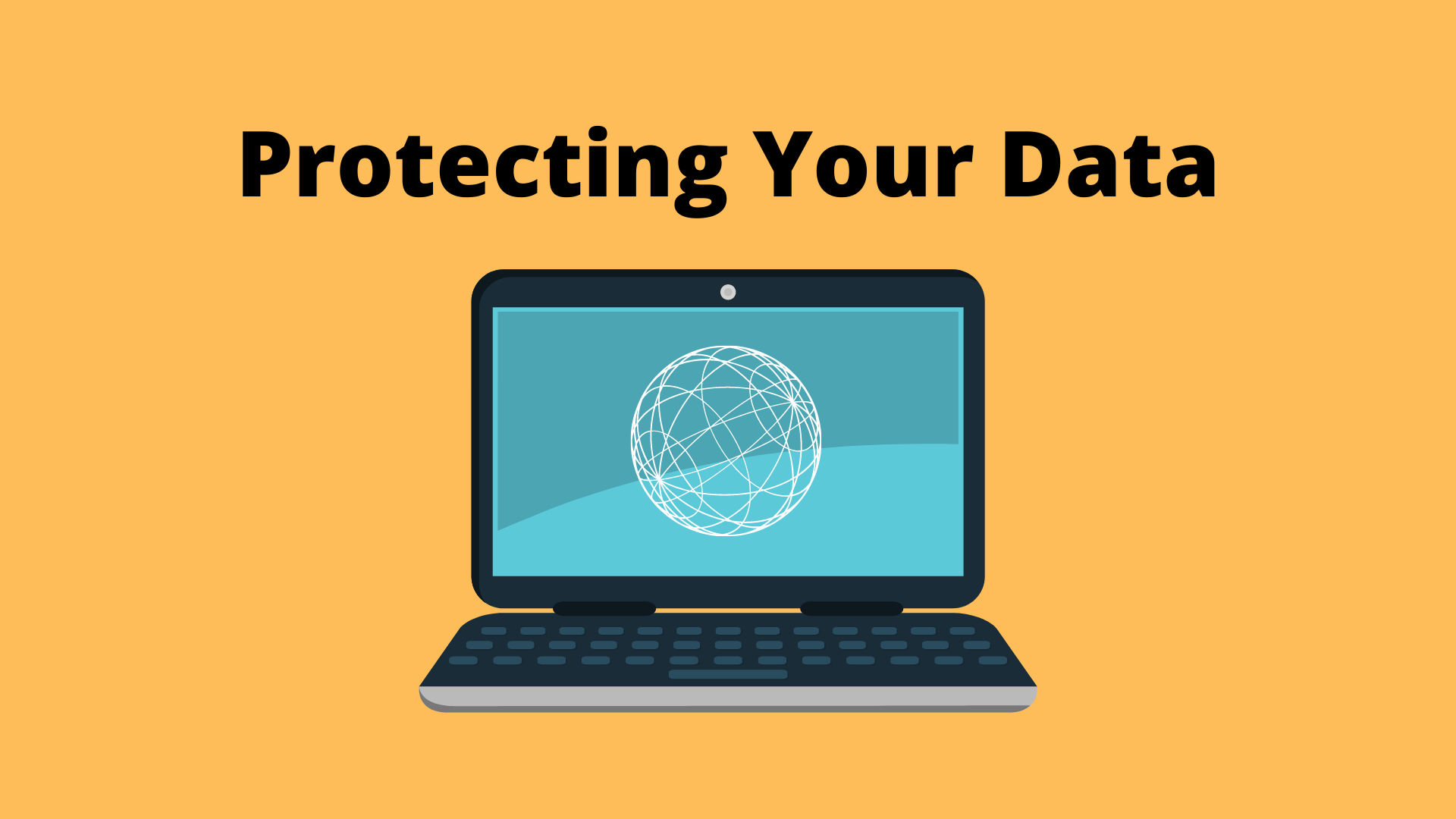
In recent years, the word data has become so common that we may not fully realize its significance in our life. Data is “information in digital form that can be transmitted or processed,” according to Merriam Webster, and it can be collected, processed, and analyzed to produce meaningful information. We already know this from our daily lives, whether applying the concept in classes or hearing about the latest data-breach on the news.
With the proliferation of the Internet and the ubiquitous presence of technology, the amount of data we’re producing has grown, making data privacy a key concern. Some people think that maintaining their online privacy is simple, and that setting their profiles to “private” is enough. However, data can be collected from different sources in multiple ways. Therefore, it is essential that we understand the implications of data and information in our interconnected world.
Liking a video on TikTok or YouTube or making purchases on Amazon can lead to “better recommendations.” That is because personal, behavioral, and attitudinal data can be drawn from all of our online interactions. While we enjoy this convenient personalization and improved user experience, we sometimes fail to realize that it comes at the cost of our data privacy.
That kind of data collection interferes with our decision-making: We are implicitly being told what to do, what to buy, and what to watch. As Graeme Gordon, chief executive of data center provider IFB, said, “Your data can be used to influence your feelings, choices, and actions.”
Within businesses, data reveals profitable—and sometimes sensitive—insights on the customer. Take, for example, a 2012 case in which Target’s analysis of customers’ shopping data figured out that a teen was pregnant, sending baby-related coupons to her house before her father learned of her pregnancy. Companies we interact with create a profile about us: our likes, dislikes, and predicted needs.
If privacy is a concern to you, now is the time to start taking small actions to protect your data.
Protect your accounts.
- Use two-factor or multi-factor authentication on your online accounts. This adds an extra layer of protection to authenticate your identity by combining your password with an additional identifier (such as a one-time pin, an authentication app, or biometrics). Vary your passwords from account to account, as having just one password makes your accounts vulnerable to hackers. Consider using longer, more complex passwords, as they are harder to crack.
Protect your Web browsing.
- Add browser extensions (like uBlock Origin) to block ads and their data collection.
- Use a virtual private network (VPN), especially if you connect to public Wi-Fi often, to help decrease tracking based on your IP address. Before doing so, you must find a trustworthy VPN provider to use.
Keep an eye on cookies.
- Cookies are like little packages of data. They are exchanged between a website and your computer, tracking and storing your information to share with the website that uses them. They help provide a personalized experience when you revisit the website, but such information can also be used by marketing companies and hackers.
- “Supercookies,” for example, can impersonate or modify users’ requests to other websites, which can allow hackers to use the website as you and obtain your personal information.
- To protect yourself from cookies, there are some simple steps you can take:
- Use privacy/incognito mode on your favorite web browser.
- Enable “only necessary” cookies when given the option to do so on the websites you visit.
- Get in the habit of clearing your browser cookies and editing how they are managed. Limit third-party cookies, but don’t block all cookies as this may make it hard to navigate some websites.
The opinions on this page do not necessarily reflect those of The Sandspur or Rollins College.
Have a differing or additional opinion? Send us your response. We want to hear your voice.











Comments are closed.